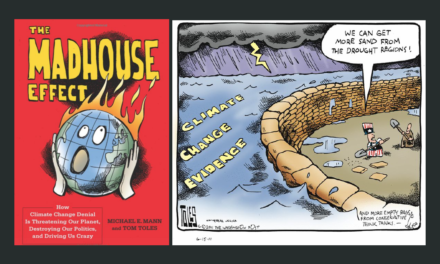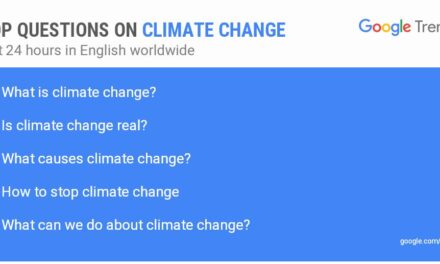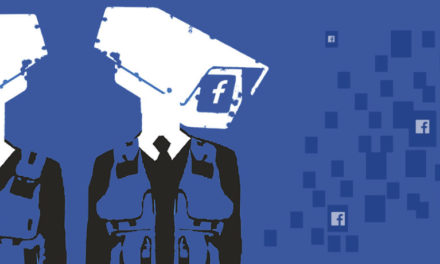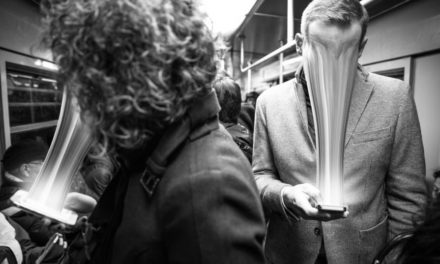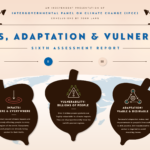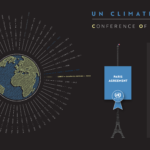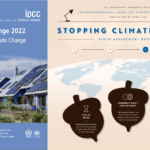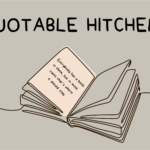The Leopold Moment: When Information Overload Hits
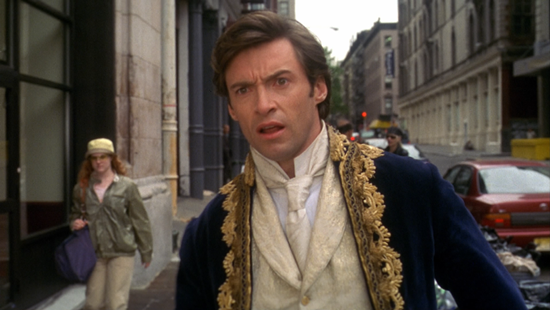
When I think of information overload, I think of Hugh Jackman. You know, the happy-go-lucky Australian online casino actor who has won Tony awards and hosted the Oscars. The Wolverine guy. Jean Valjean in Les Misérables.
But right now, I’m thinking about his character Leopold from the 2001 film, Kate and Leopold. There’s an early scene where Leopold wakes up 100 years in the future. Half-asleep and stirring on the couch, Leopold is awoken by his hosts’ TV. He’s naturally curious, having never seen such technology. But when his hand glances a remote, the stereo system suddenly switches on at full-tilt.
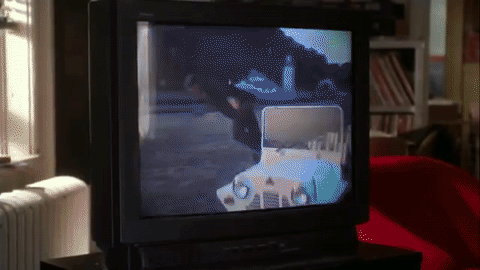
Leopold wakes up
Leopold freaks out. He has never experienced stimulation like this. He is a man out of time and his senses are seriously strained. What he doesn’t realise is that he has been introduced to a 21st century phenomenon: information overload.
—
My Leopold Moment
Back in 2006 I had my own Leopold moment, when I visited New York for the first time. Having spent hardly any time in mega-metropolises, it was a very memorable experience. But it wasn’t Manhattan’s steep skyline or its sweeping grid of avenues and streets that I can distinctly recall. Nor was it the friendliness of New Yorkers or the convenience of a pretzel stand at every corner.
It was all the information. I had never seen so much information.
I’m talking about advertising. Commercial information was invading urban spaces where I didn’t think possible. I grew up in a small city in New Zealand, where marketing is mostly limited to billboards, buses and TV. More than that, I’m from the type of family that mutes ad-breaks and bans TV during dinner to create a space for conversation.
Not in New York. At JFK airport, my cab pulled in with a screen displaying ads attached to its roof. It looked so out of place it resembled a five-year-old’s Lego construction. A screen mounted on top of a car? Why not!
Just in case I had missed this ingenious design, stepping inside the vehicle I was confronted with another screen on the back on the driver’s seat. I was surrounded. Stimulation. Visualisation. Corporatization. It was everywhere.
Driving into Manhattan in a cab was like slurping down a stiff neuron cocktail. In Hawaii, they greet you with a lei so you can relax. In New York, they blast you with ads preparing you to shop. My plan to hum the Friends theme song over the Brooklyn Bridge was hijacked by an annoyingly catchy jingle of a sales deal at Macy’s.
What I’m trying to say is, I endured a quantum leap of information sensory experience. Unlike Leopold, I may not have been a man out of time, but I was certainly out of place. And I hadn’t even been to Times Square yet.
—
We’re all Leopold now
Ten years later, we are going through another quantum leap of information sensory experience. This time we’re all Leopold. If you have a smartphone and, like me, cannot avoid checking it between 50-100 times each day – this means you.
Now, the cabs are your smartphones, with information seeping into our personal spaces, simultaneously enthralling and disrupting us. Messages on WhatsApp. Ticket sales on Songkick. Reminders on Google Calendar. Where the information in New York was mostly commercial, today it’s more personal. You can skip an ad on Youtube but can you switch off your notifications? When does information overload become a necessary part of functioning in modern day life?
Leopold was a man out of time who was uncomfortable with his new 21st century reality. I wonder if we’ve become too comfortable with ours. While loads more data and information bring us fantastic new things, what is it we are trading in return? How often does stimulation supersede sleep? Or a smartphone become a barrier between conversation?
While many are right to applaud the new digital world Facebook and Google are leading us towards, we should also be aware that these giant information brokers are also advertising companies with incentives to overload us with information. And they’ll only stop when we’ve clearly signalled where and when we need a break.
A quick fix is to have spells without your smartphone: a walk, an evening out, or even an entire weekend. But as I’ll explore in my next blog post, to detox from digital is not the long-term solution. We need to get better at adapting to our current situation. And demand silence when we need it.
How many Leopold moments have you had?
